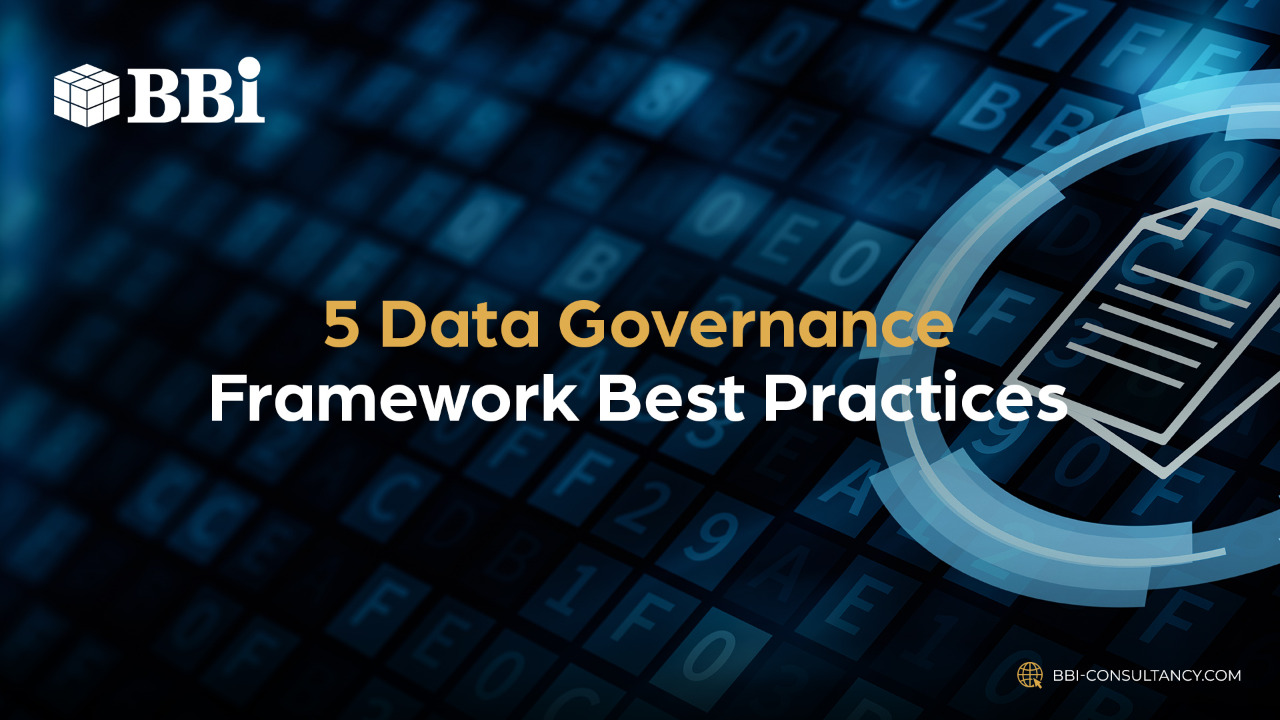

Big data is used by companies worldwide to gain a competitive edge, identify new opportunities, and come up with new strategies for keeping up with the ever-changing global marketplace. As a business owner, how would manage the massive amount of data at your fingertips? How do you store big data and make it easily accessible to teams within your organization?
For your organization to make data-driven decisions, grow business intelligence, and stay competitive, you need to develop a data governance strategy, as well as follow data governance best practices.
What Is Data Governance?
Data governance is a system that determines how data is handled. It defines who has control over the management of your data assets and how these can be used. It helps ensure that these assets are accessible without security being compromised.
Data governance is not to be confused with data management, which refers to practices and techniques for processing, storing, organizing, using, and controlling data. Data governance is one part of data management.
How Can It Benefit You?
Data governance streamlines and optimizes how your organization manages your data assets. By implementing a data governance framework, you’re able to apply and uphold, within your organization, key principles including:
- Transparency
- Standardization
- Accountability
- Auditability
This system enhances efficiency and helps you comply with industry regulations. Moreover, with it, you’d have access to data with better quality and you’d be able to standardize processes, which can help your organization become more agile.
Digital transformation and data governance go hand-in-hand. Without a solid data governance framework, it can be difficult for organizations to leverage data and continue with their business transformation, as data encompasses all aspects of operations, from procurement and sales to legal and management.
Implementing Data Governance and 5 Best Practices
Data governance implementation is relatively straightforward. You need to determine and establish what your goals are and, from there, identify the roles and their respective responsibilities within your organization.
Who are your data owners? Do you have existing data custodians? What about a data governance team? While roles and responsibilities may vary, it’s important that each role is defined clearly.
The next step is to identify potential issues that might crop up once you’re already in the process of implementing your data governance framework.
To ensure that your data governance is optimized, here are five best practices to keep in mind:
- Set realistic and measurable goals
You need to know what your business goals are and determine whether or not these are achievable and measurable. It can be difficult to know where you currently stand if you’re unable to measure your goals.
- Create standards
Standardization does wonders for efficiency. Implement protocols for defining, collecting, naming, or using data. Try to use software that’s ideal for integrations.
- Track your progress
Use metrics and track your KPIs, but don’t go overboard. Define what the essential metrics are for your data governance strategy and limit yourself to relevant KPIs.
- Communicate regularly
Frequent communication is crucial, whether you’re just starting to implement a data governance framework or you’ve been using it for a long time. You should have a person or a team assigned to serves as the communications leader for data governance.
- Use automation to your advantage
Automation can save you a lot of time and effort. Use automation for repetitive tasks in your workflows, approval processes, or data requests.
Incorporating Data Governance for Your Business
Making smart, data-driven decisions and implementing a true digital transformation for your organization requires having a solid data governance framework. BBI offers consultancy and digital strategy services. It can also help you unlock the power of data by implementing an enterprise data management framework for your business. Be future-ready with BBI.

